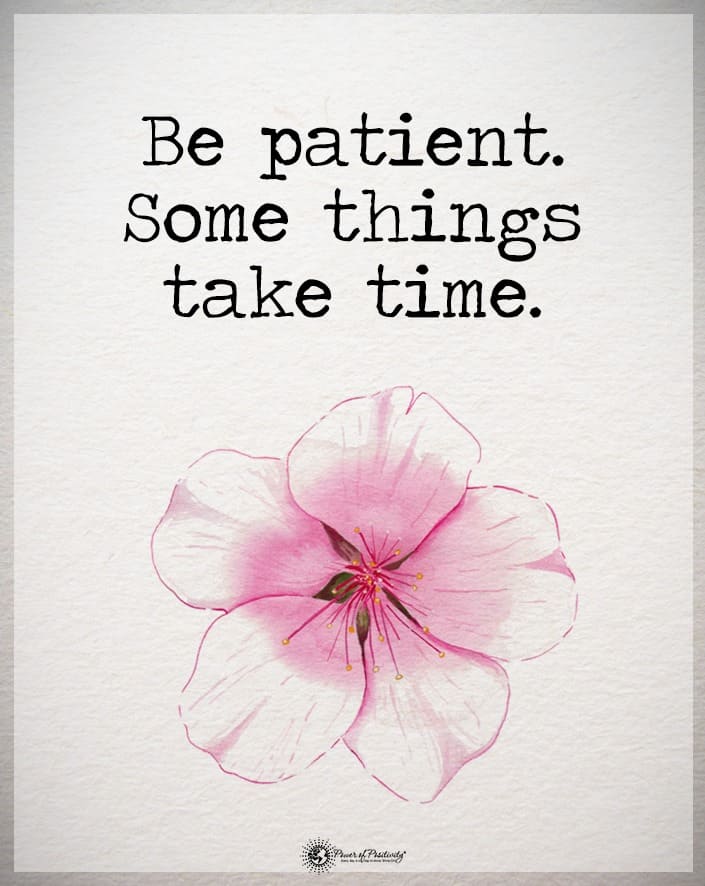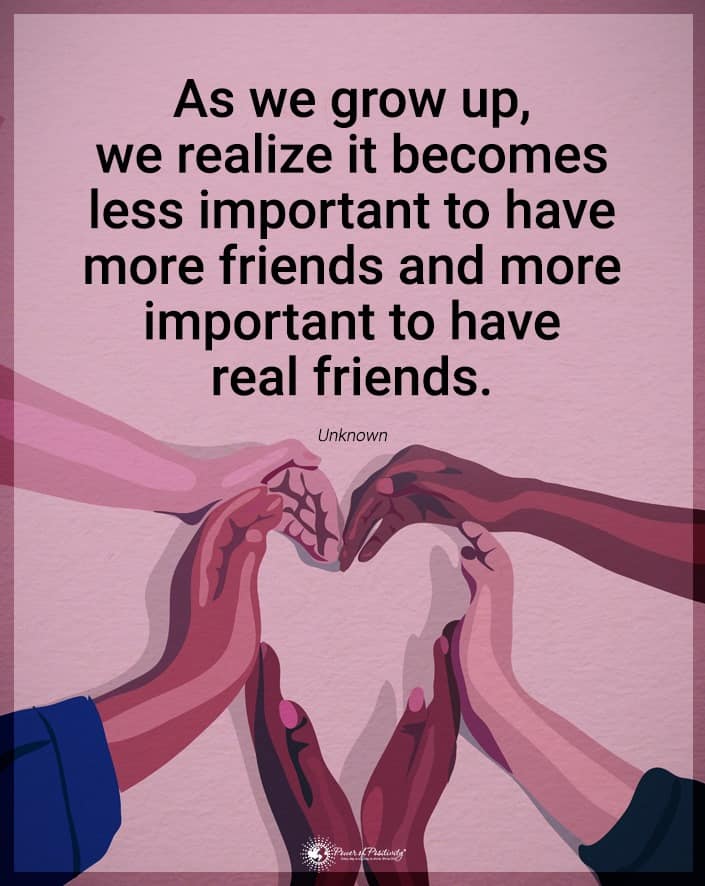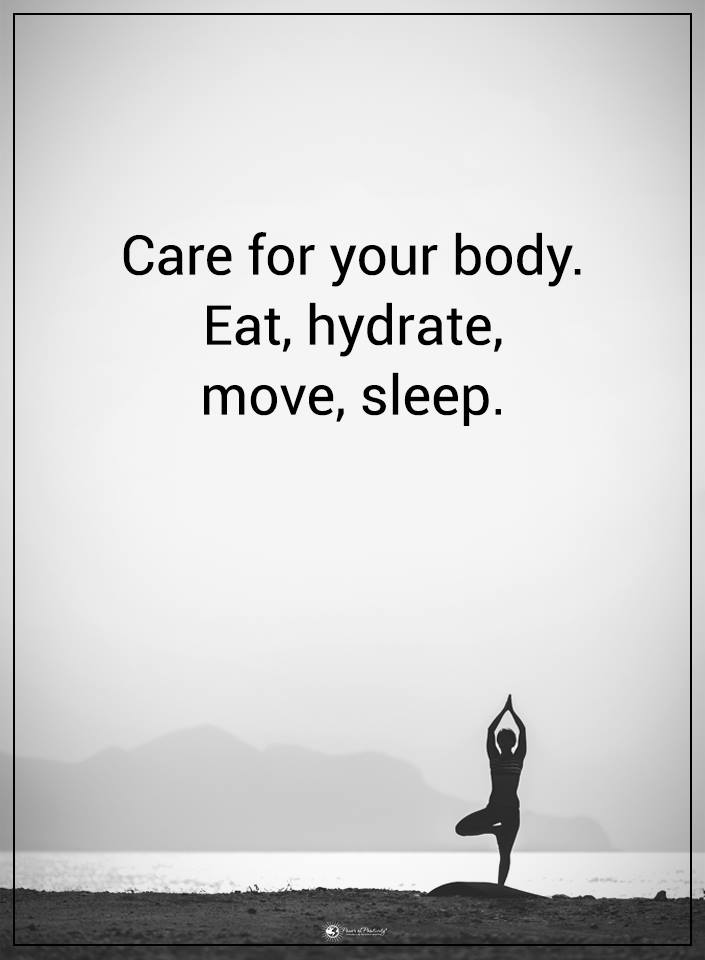If you’ve lived on this Earth for any substantial time at all, you have probably noticed that something just seems terribly wrong about the current operation on this planet. Even if you have a positive outlook on life and see the best in everything, it gets hard to simply ignore the seemingly upside-down world we live in.
Steve Cutts, an illustrator and animator from London, uses the atrocities and insanity of today’s world for inspiration for his art, creating videos and images that portray the absurdities of modern times. While the following images might paint a dismal picture of today’s world, they help to spread awareness at least, and get people talking about solutions to the problems we face in modern society.
Here are 5 images that show the truth of today’s world:
Man’s Best Friend..iPhone?
No matter where we go, our cell phones have a tight hold over us. We wouldn’t dream of going anywhere without our trusted phone, because it has become a part of us now. We practically have them attached to our hands, unlocking them far too often to check for updates and notifications. We need the instant gratification, a sign that someone out there cares about us enough to leave a nice comment on our picture or send us a friend request. We go about our daily activities, but are we really present? Are we really living in the moment, or are we living through the screen of our virtual best friend?
Zombie Apocalypse
We don’t have to fear a zombie takeover, because it’s already here. Luckily, these zombies don’t seem to want to tear our limbs apart, they just walk around in a dazed stupor, staring at their phones all day. They don’t look up unless someone calls their name or they have to cross a busy street…even then, they anxiously await the moment when they can look into their screen again and go back to being in a trance. I read somewhere that if you pass people on a street, more of them will be looking down at their phone than will look at you and say hello. Is this the world we really want to create for ourselves?
The Rat Race to Nowhere
We work day in and day out, 40-80 or more hours a week, but what do we do it for? What does it do for our lives? Sure, our work puts food on our tables, pays for the house that we live in, the clothes we wear and the gas we buy for the cars we use to drive to work, but does it really fulfill us? We all scramble to make it to work on time, in fear of our boss getting mad and firing us for being late. We fear not having enough money to pay the bills, so we stay locked inside the system, not knowing how to escape this giant prison. Most of us don’t even question it anymore; we just do what we have to do to get by. We’ve been enslaved by an outdated system that no longer serves us, but we continue to take part in it because we have no other way. We have been taught to obey and follow orders, so we go along blindly, wishing for the day when we can all run free…
We Are Not Machines
Those of us who have awakened to the truth have a hard time going to a normal job everyday, feeling trapped inside a machine that just won’t stop. It never stops, and needs us to keep it going. Without us, the machine would cease to exist. Most of us just keep doing our duties, and don’t want to cause a scene. However, when we do speak up, someone out there will feel threatened by our rebellion, and will certainly keep a watchful eye over us and try to get us to fall in line again.
The Price of Gluttony
We go to McDonalds or Burger King to get a quick meal, but do we even think twice about where that “food” comes from? Do we even think about what we eat anymore, or do we just devour anything that satisfies our taste buds? As we continue to eat our favorite foods, millions of animals must die for our greed…but that doesn’t matter, as long as we can eat what makes us happy, right?
When we look back at these times in history, will we feel proud of our accomplishments and progression as a human race? Or will we wish we would’ve spoken up and promoted a world where everyone can prosper and feel happy? The choice lies with us, and we must stand together as one and start to care about issues outside ourselves if we want to thrive as a species once again.
*All images created by Steve Cutts.





















